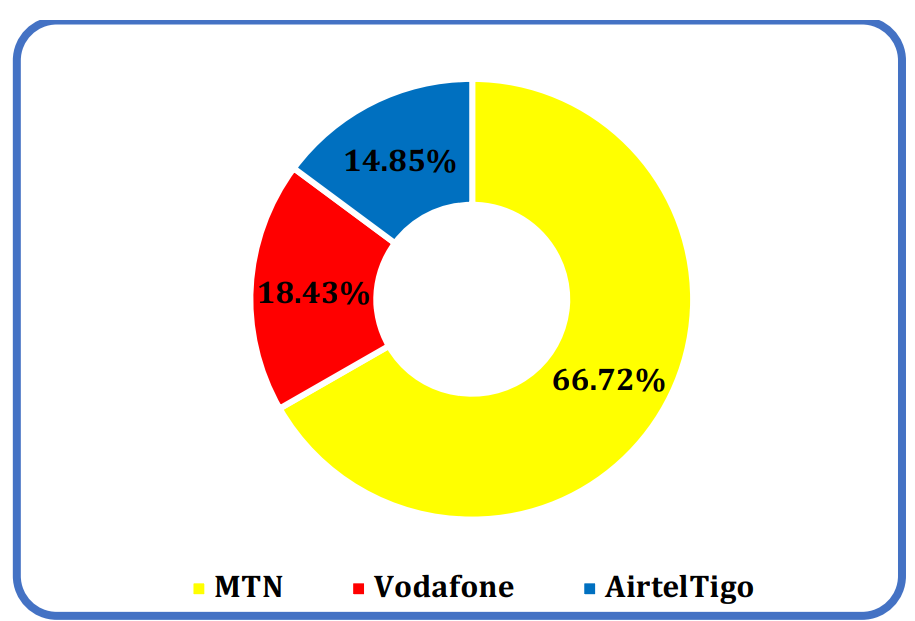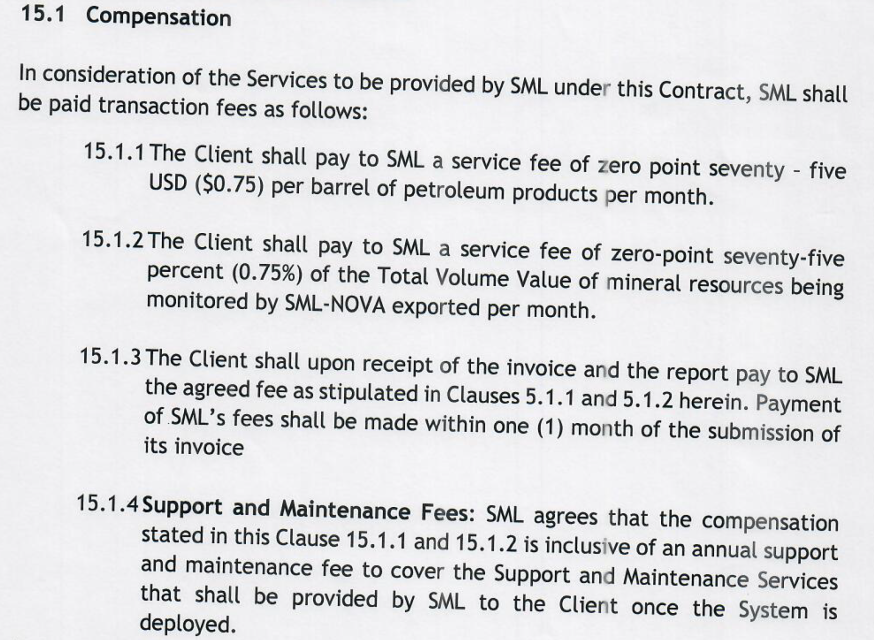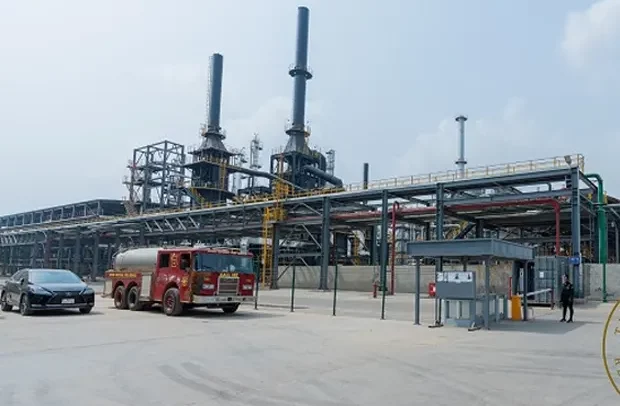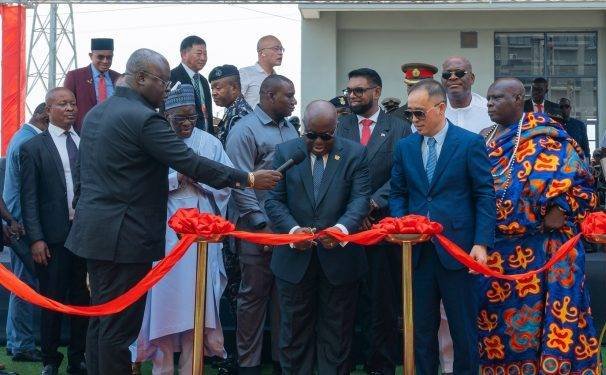
The ownership and operations of Ghana’s only gold refinery are under intense scrutiny following explosive allegations by Bright Simons, Honorary Vice President of IMANI Africa.
Simons has accused shadowy “ghost investors” of controlling the refinery on behalf of politically connected elites, raising concerns about transparency, governance, and national resource management.
Simons detailed these allegations in a series of social media posts and an in-depth blog article, highlighting a network of undisclosed beneficiaries behind the facility. He described how politically exposed individuals allegedly use opaque corporate structures and front organizations to gain control of the refinery, undermining public trust and national interests.
Ghana’s gold refinery sector has been a cornerstone of the country’s value-addition strategy for its mineral resources. Ghana is one of Africa’s largest gold producers, contributing over 142.4 metric tons annually, accounting for 7% of global production. Gold remains the country’s top export, generating $5 billion annually, representing 43% of total export revenue.
The establishment of local gold refineries, such as the Gold Coast Refinery, was part of a national strategy to process gold domestically, retain more revenue, and create jobs. However, the refinery’s capacity to process raw gold and generate domestic revenue has often been marred by controversies over ownership, financing, and operational transparency.
Previously, the Gold Coast Refinery, which can process up to 480 kilograms daily, faced similar challenges. Analysts, including Simons, have attributed these struggles to structural inefficiencies, lack of raw material access, and slim profit margins in the gold refining industry.

Adding to the controversy, the government recently inaugurated the smaller Royal Ghana Gold Refinery, raising eyebrows about its operational feasibility. Simons noted that the facility’s launch may have been politically motivated ahead of elections, questioning its ability to address the longstanding challenges in the sector.
These revelations come as President-elect John Dramani Mahama, poised to assume office in January 2025, has pledged to implement the National Democratic Congress’s (NDC) anti-corruption initiative, Operation Recover All Loot (ORAL). ORAL aims to investigate corruption cases, recover misappropriated state resources, and prosecute offenders, particularly focusing on the period of governance by the New Patriotic Party (NPP).
The allegations highlighted by Simons underscore the urgency for such reforms to ensure transparency and accountability in Ghana’s resource management. Under the ORAL framework, Mahama’s administration will be expected to address systemic issues including opaque ownership structures and the lack of accountability that allow for “state loot” and corruption to happen. This scandal presents a critical test for the incoming administration’s commitment to transparency and equitable resource distribution.
Key revelations from Bright Simons’ allegations
Opaque ownership structures: Simons alleges that shell companies and undisclosed investors conceal the true ownership of Ghana’s refinery, enabling politically exposed individuals to benefit while evading scrutiny.
Economic viability concerns: He points out that global gold refining operates on thin profit margins, making new ventures in Ghana economically precarious without established supply chains and market access.
Political timing: The inauguration of the Royal Ghana Gold Refinery is critiqued as politically motivated, lacking the scale and efficiency needed to significantly impact the sector.
Dr. Cadman Atta Mills, an economist and former Senior Presidential Advisor, has previously discussed the challenges of managing Ghana’s natural resources. In a related commentary to Simon’s post on X, he emphasized the need for stringent oversight in Ghana’s resource sectors, warning against political interference.
As of now, neither the government nor the refinery’s management has issued a response to the allegations. For now, the nation waits with bated breath, wondering how deep the rabbit hole goes.
The post Bright Simons unveils ‘ghost investors’ in Ghana’s Royal Gold Refinery, prompting calls for transparency first appeared on 3News.
Read Full Story

























Facebook
Twitter
Pinterest
Instagram
Google+
YouTube
LinkedIn
RSS